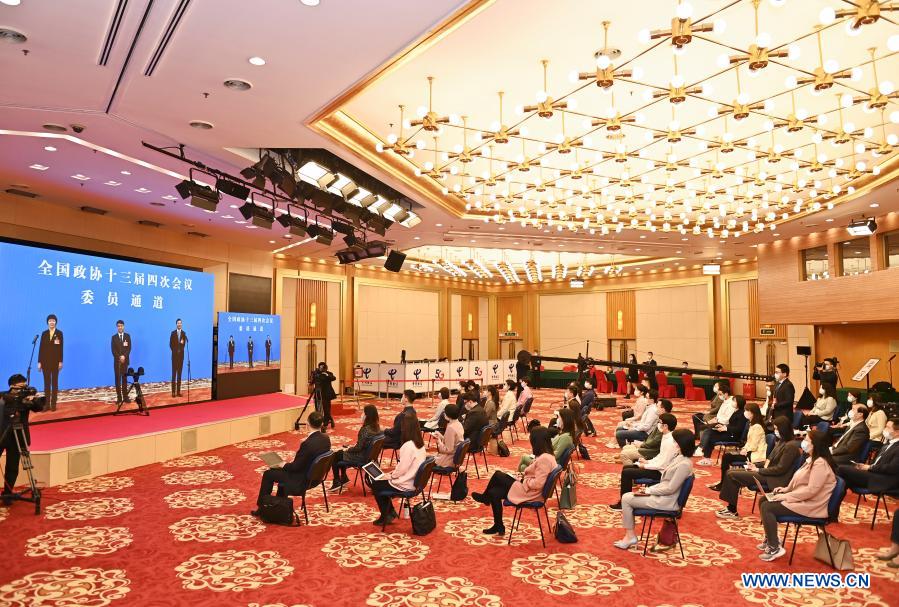From Words to Work: China’s Vision is an Invitation

The two sessions are annual view into China’s political events, with political visions being reviewed and translated into development strategies. Policy patterns are woven together, to sustain narratives about pathways to the future, from words to work. Decades of hard work are bearing fruit, for Chinese people from all ethnic groups. Now, the government campaigns for joint wisdom, to consolidate and improve.
When his student Zi Gong asked about good governance, Master Confucius said that leaders should arrange for enough food, enough armor and the confidence of the people. Among these, confidence is the base. China has achieved self-reliance, independent subsistence, a creative and vibrant society, a powerful science and education system, a competitive economy, and increasingly, international responsibilities. Notably it also recognizes domestic issues and tries to redress problems it faces.
At this point, the general focus shifts from existential needs to the inspiration of confidence and earning trust. Internationally, China’s new role in the global community is overdue for sincere welcome. China’s vital ingenuity is needed in order to reach the United Nations’ Sustainable Development Goals. Remember Albert Einstein’s forewarning in 1931, before fascism conquered the Western world: “We cannot solve problems with the mindsets that made them.” This implies that we can only do it as citizens of the world, working together and learning from each other. There is no alternative to trust, because war of any kind is not an option.
Now that the blueprint for the next 15 years is mapped out and guiding principles during the 14th Five-Year Plan period (2021-2025) are determined, the world can benefit from China as a stabilizing factor. China is re-defining global responsibility. The new dual-circulation approach is realistic regarding the risks of emerging trends toward unilateralism in the world, and can stimulate its evolution. The fact that China still depends on other countries for some key technologies should not be seen as a vulnerability but a reminder to keep doors and hearts open and seek collaboration. Progress is not solely and primarily about technology and commerce, but about the quality of human life.
In 2022, China and Germany will celebrate the 50th anniversary of their formal diplomatic relations. There is still a chance, and an even greater obligation, to explore the potential for cultural alliances that could benefit human wellbeing. For Germans, our dignity is at stake. China’s progress has bought us some time to align our fates with global responsibility. Such prospects should rekindle trust, if we work together seriously.
The author is a German sinologist, philosopher, and professor at the Karlsruhe Institute of Technology and Hunan Normal University, Changsha. He is also a founding member of the Berlin Institute for Global Health and the European Center for Chinese Thought.